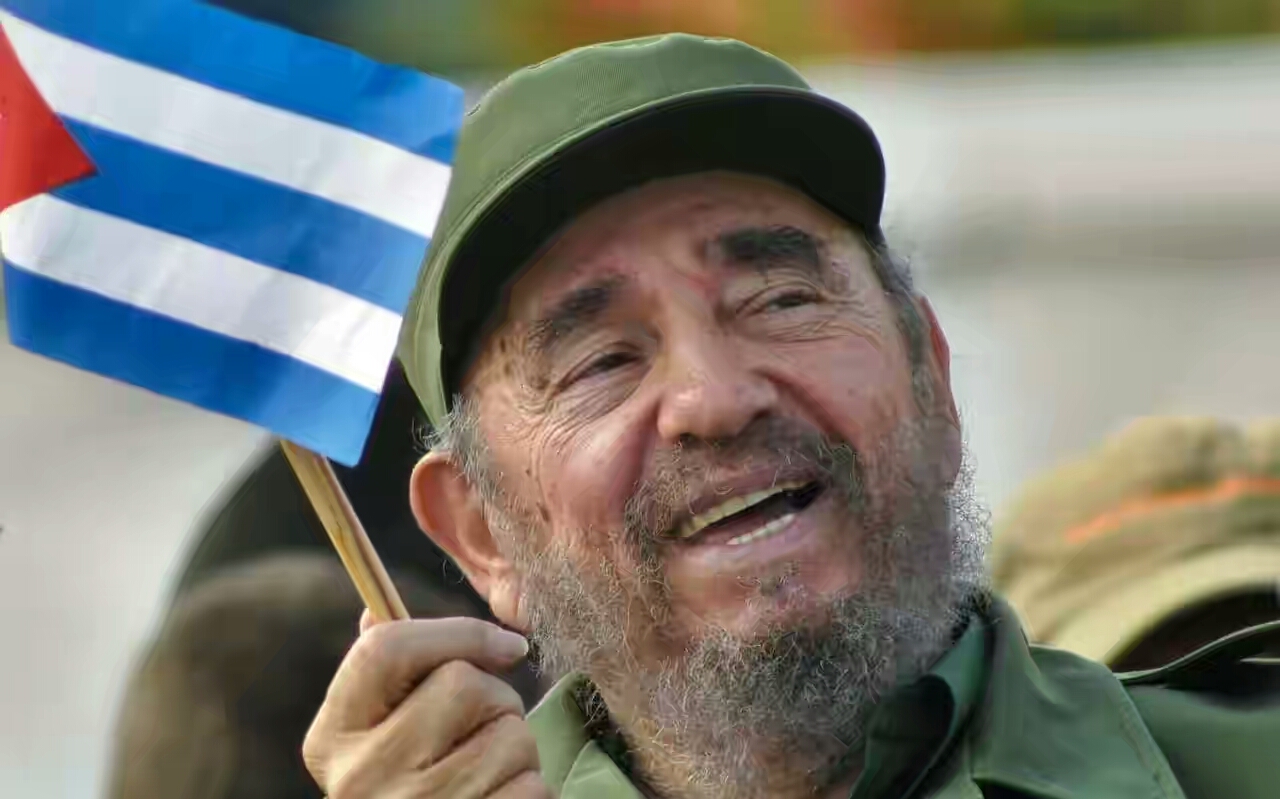Fidel Castro, the Cuban revolutionary leader who built a communist state on the doorstep of the United States is dead.
Castro, who for five decades defied U.S. efforts to topple him, died on Friday at the age of 90, state-run Cuban Television said.
Castro had been in poor health since an intestinal ailment nearly killed him in 2006 and he formally ceded power to his younger brother Raul Castro two years later.
It was Raul Castro who announced his brother died on Friday evening.
Castro took power in a 1959 revolution and ruled Cuba for 49 years with a mix of charisma and iron will, creating a one-party state and becoming a central figure in the Cold War.
He was demonized by the United States and its allies but admired by many leftists around the world, especially socialist revolutionaries in Latin America and Africa.
Castro transformed Cuba from a playground for rich Americans into a symbol of resistance to Washington,
He fended off a CIA-backed invasion at the Bay of Pigs in 1961 as well as countless assassination attempts.
His alliance with Moscow helped trigger the Cuban Missile Crisis in 1962, a 13-day showdown with the United States that brought the world the closest it has been to nuclear war.
He swept away capitalism and won support for bringing schools and hospitals to the poor.
He also created legions of enemies and critics, concentrated among Cuban exiles in Miami who fled his rule and saw him as a ruthless tyrant.
In the end, it was neither the efforts of Washington and Cuban exiles nor the collapse of Soviet communism that ended his rule.
Instead, illness forced him to cede power to his younger brother Raul Castro, provisionally in 2006 and definitively in 2008. (Reuters/NAN)

